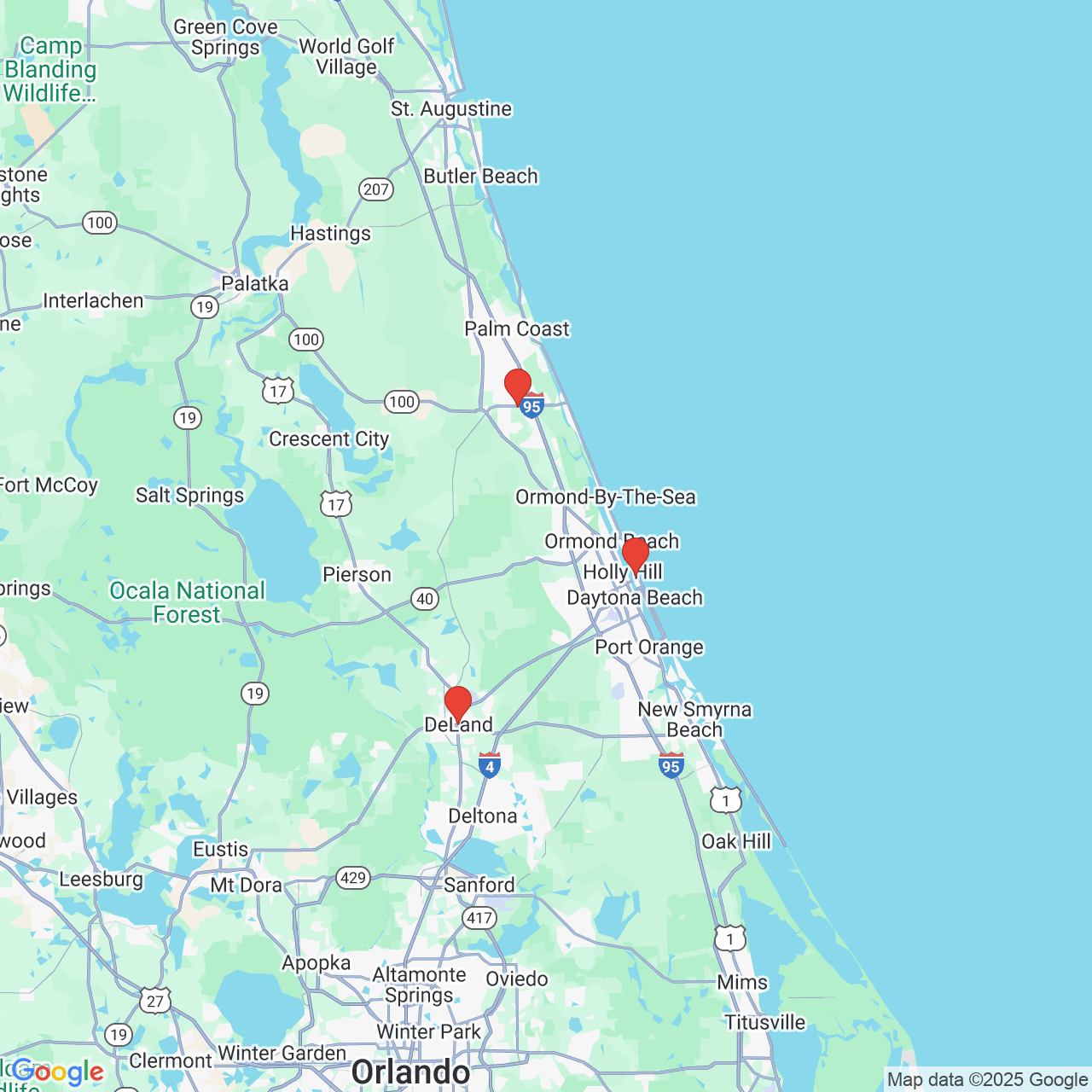Lack of Security Cameras: Keeping People Safe
 The people of Daytona Beach need skilled attorneys on their side after sustaining a serious injury. Our team of lawyers has years of experience with injury and accident litigation, and we always fight diligently for the rights of our clients.
The people of Daytona Beach need skilled attorneys on their side after sustaining a serious injury. Our team of lawyers has years of experience with injury and accident litigation, and we always fight diligently for the rights of our clients.
When it comes to issues involving negligent security at a commercial or residential property, the matter of security cameras is key for discussion. Let's go over the importance of security cameras and why landlords, business owners, and property owners should consider having cameras installed to protect residents and visitors.
Security Cameras Are Crucial for Safety
Security cameras can make a major difference at a business or property of any kind. The cameras can be used to catch theft and vandalism, for instance. The cameras can also be used after hours to catch intruders and burglars breaking into a property. Yet these uses we've listed so far are only to protect the business and property owner themselves. It's important to note that security cameras are also an important means of protecting people who are at the premises, whether it's employees or visitors.
Protecting the Premises and the People Who Are There
By having security cameras in place, business and property owners can monitor many kinds of dangers at a given premises. Physical altercations, violent assaults, robberies, rape, sexual assaults and harassment, and fights that break out can be caught on camera and broken up. The video taken can also be handed over to the authorities in order to aid in catching and prosecuting criminals.
Cameras Can Help Prevent Injuries and Harm
In addition to protecting people from harm, these cameras may also be able to catch potential damage or dangers at a property. A broken light flicking on a screen could be a sign of a busted bulb or serious electrical malfunction. A leak might be caught on camera that can be cleaned and cordoned off before someone gets hurt. It's a common sense preventative measure just as it is a preventative one.
Security Camera Placement is Key
It's important that security cameras be placed in areas that are high in foot traffic or areas in which visitors may be vulnerable. For instance, in addition to having a camera or two near cash registers and near store entrances, it's helpful to have cameras in parking lots, outside of stores, and in back entryways as well. This helps keep everyone in and around the property monitored. In residential properties, cameras by elevators, stairwells, lobbies, and entrance ways is critical.
Security Cameras Must be Properly Maintained and Serviced
Just having the security cameras there is not enough. It's important that these security cameras be properly serviced and maintained so that they are in good working order. Cameras should record event properly, and they should be as in-focus as possible Cracked or damaged lenses can lead to major issues with cameras and the footage that is taken.
The Consequences of a Lack of Security Cameras
If cameras are lacking or are broken in some way, property owners and businesses potentially leave themselves open to third-party liability lawsuits. This means that the property owner is being sued by an injury victim for an injury caused by another party (e.g., robber, criminal). The argument is that due to a lack of proper security and poor use or lack of security cameras, the attack or injury was able to occur.
How Our Premises Liability Attorneys Can Help
Premises liability lawsuits, particularly of the third-party variety as discussed above, can be complicated, which is why having skilled lawyers on your side is so crucial. We will fight for you and your legal rights every step of the way, making sure property owners are held accountable for negligent security practices.
Speak with the Attorneys of Chanfrau & Chanfrau
For more information about your legal rights and options when it comes to premises liability lawsuits, be sure to contact our team of personal injury lawyers today. The legal team at Chanfrau & Chanfrau is here to help you in your time of legal need.



